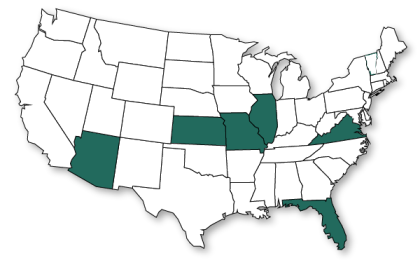If you own a condominium, or are a member of the condominium association board, you may have heard of the master policy. The master policy provides liability protection and covers the real property of the condominium buildings. In the event of a fire, storm, or other loss, where roofing, siding, wiring, or plumbing could be damaged.
With some exceptions, the master policy will typically protect portions of the individual unit itself such as the drywall, paint, cabinetry, lighting, and all attached fixtures.
The unit owner’s personal property such as furnishings, electronics, clothes and other possessions are not covered by the master policy. For example – let’s say there is a fire on the deck of your condo. After the fire department finishes, you find the deck, the siding and wall, as well as parts of the kitchen floor were burned. In addition, the walls of your kitchen, some of the wiring, and your kitchen table and chairs are damaged by water.
Generally, the master policy would cover replacing or repairing the deck, siding and walls, and the floor damaged by the fire. The ruined wiring would also be covered. The condo owner’s insurance policy would cover damage to the kitchen table and chairs. A master policy might not cover any upgrades to the condo unit that the owner made, such as updated counter tops or a solar energy system.
The master policy does not cover living expenses during repairs, however both of these can be covered by a unit owner’s policy.
It is important that both the condo owner and the condo association board know what is and is not covered under likely scenarios. Both the master policy and the individual unit owner policy will likely have a deductible. How deductibles are managed between the master policy and the individual policy is an opportunity to save money for both the association and the condo owner in the event of a loss. How this might play out in a loss should be understood ahead of time and procedures should in place to serve the interests of the community and unit owner.
The insurance agent for the master policy should periodically review what is and is not covered under the master policy for an association and detail how deductibles are allocated. Your insurance agent should be available to participate in a question and answer session at a condo owner’s meeting. New condo owners will need information on how to best structure their personal coverage and current residents might benefit from a refresher. O’Connor Insurance recommends such a review at least once per year.
If you have questions about condo association master policies, individual unit owner policies or specific questions about your insurance policy, give our office a call at 314-434-0038.


